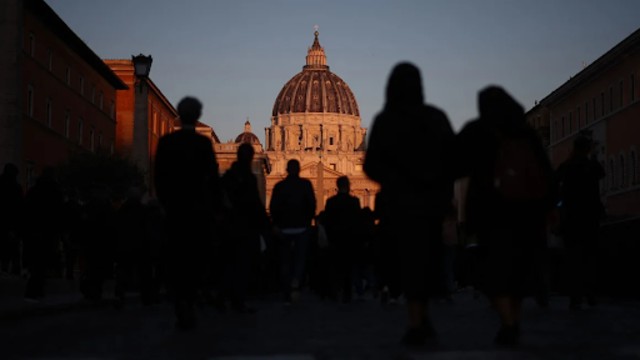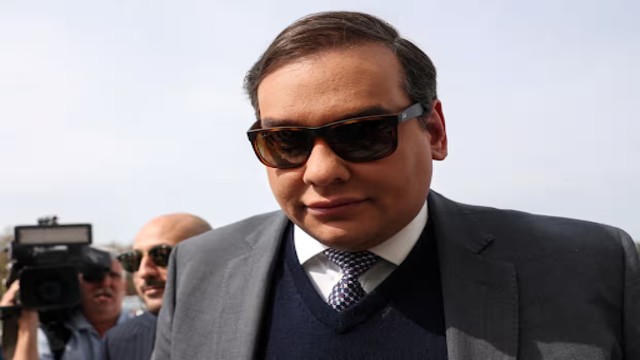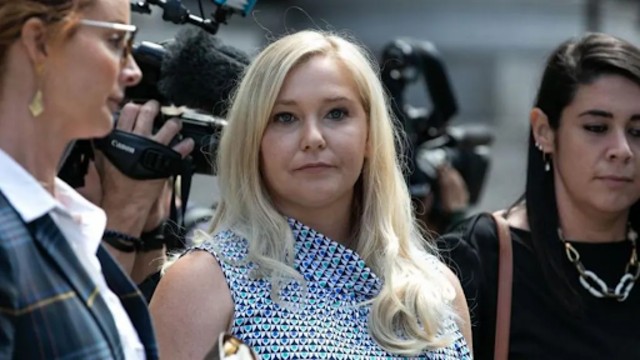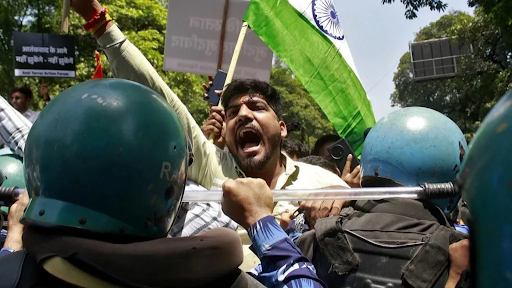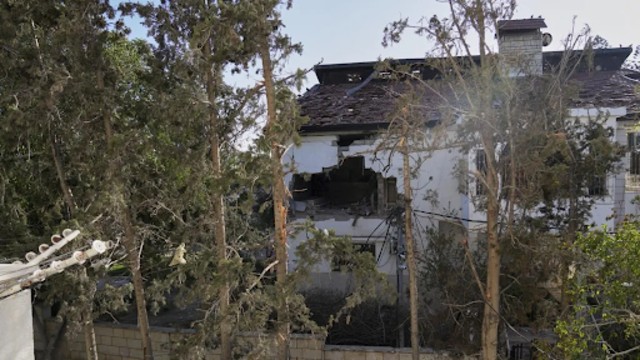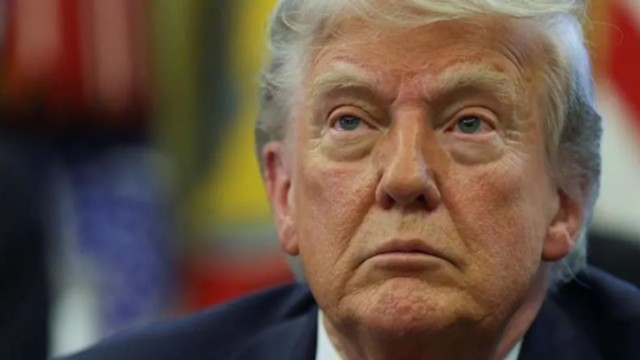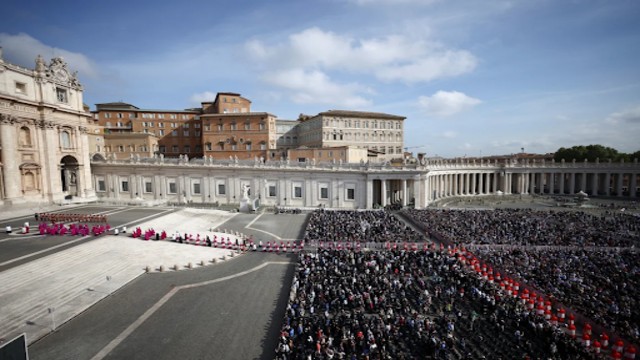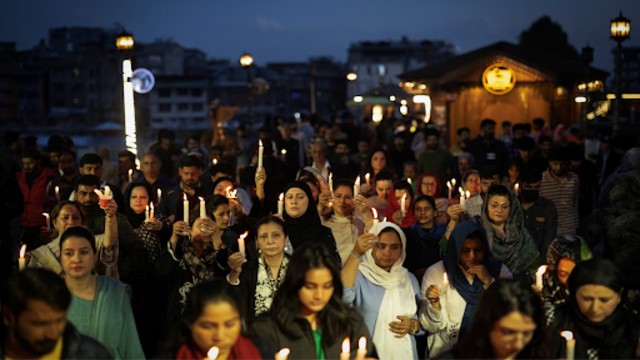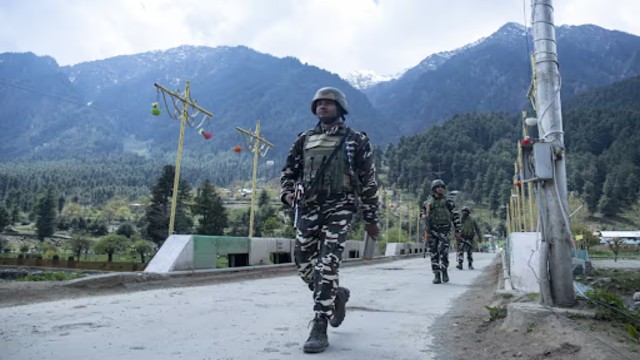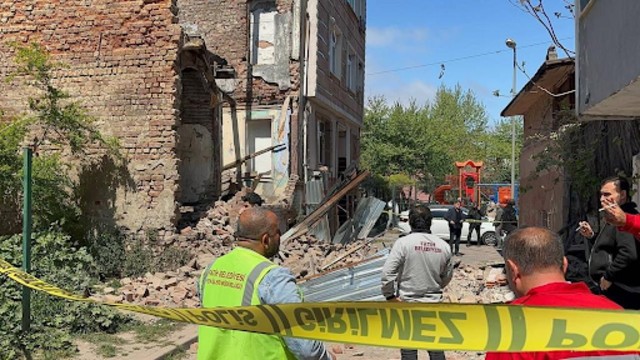
Approximately 10 blindfolded and restrained men in Russian military uniforms are seen being transported away from the border crossing towards the city of Sumy in a military vehicle. Yahoo
On Wednesday, Ukraine made headlines with a surprise offensive into Russian territory, targeting the Belgorod region, which has prompted the local governor to declare a state of emergency. This marked the largest foreign military incursion into Russian soil since World War II.
The Ukrainian advance began last Tuesday when troops crossed into the Kursk region, seizing numerous settlements. President Volodymyr Zelensky shared an update on Tuesday, showing footage of his military chief, Oleksandr Syrsky, who reported significant progress. As of now, Ukrainian forces have gained control over 40 square kilometres and 74 settlements, with advancements ranging from one to three kilometres in various areas.
The situation in Belgorod, which shares a border with Ukraine's Kharkiv region, has become dire. Governor Vyacheslav Gladkov described the situation as "extremely difficult" due to continuous shelling and drone attacks. He reported that homes have been destroyed, and there have been casualties among civilians.
In response to the Ukrainian offensive, Russian officials claim that their forces are successfully repelling attacks and countering incursions by mobile groups using armoured vehicles. However, Ukraine has stated that its goal is not to occupy Russian land but to force Russia into negotiations for a "just peace."
The Ukrainian push into the Kursk region has caught Russia off guard, leading to a significant military response. According to Ukrainian sources, approximately 1,000 square kilometres of Russian territory are now under their control. An analysis by the Institute for the Study of War supports this claim, showing that Ukrainian forces have advanced across at least 800 square kilometres.
In reaction to the ongoing conflict, U.S. President Joe Biden commented that the situation presents a "real dilemma" for Russian President Vladimir Putin. Biden's remarks underscore the escalating tension and complexity of the conflict.
The offensive has caused a substantial number of Russians to flee their homes, with more than 120,000 displaced from the Kursk region. Ukraine has also imposed movement restrictions in the Sumy region due to increased hostilities and sabotage activities.
Despite early successes, Ukraine faces challenges, including a shortage of resources compared to Russia. The recent offensive into Kursk is the most significant cross-border action since Russia's invasion began in February 2022. On the ground, intense fighting has led to damaged infrastructure and a high number of casualties.
Russian President Vladimir Putin has vowed to drive Ukrainian forces out and accused Ukraine of attempting to destabilize Russia and undermine its societal unity. He suggests that the Ukrainian actions aim to improve their position in potential future negotiations.
The ongoing conflict reflects the broader struggle between Ukraine and Russia, with both sides engaged in a high-stakes battle for control and influence. The Ukrainian offensive, while shocking, is part of a larger strategy to stretch Russian defences and exert pressure on Moscow.


